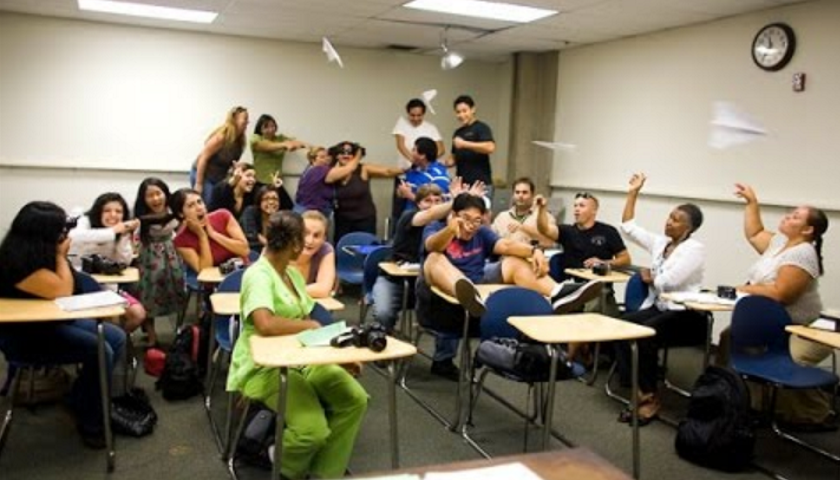We are now the most photographed generation in history. Many times, these pictures are made without the explicit permission of the people depicted. Cell phones have made cameras a key feature, and many of these cameras are better quality than the best cameras of the past. Smartphones are also very capable video cameras. Some professionals are shooting commercial grade videos and even some feature films on these devices.
Since almost everything can be instantly recorded, with multiple angles of the same event, any story can be altered producing more questions than they answer. A different view, a different angle changes the whole story. Videos may not always be what they seem. Then these pictures and videos show up online across different platforms like Facebook, Twitter, LinkedIn, Pinterest, Instagram, YouTube, Google+, Wikipedia, personal blogs and even more. Subjects like voyeurism, privacy laws, freedom of media, and surveillance are now issues we are forced to debate. Technology has drastically changed the way we use information and communicate with one another.
Our words are not immune either. Once words are said, can be only forgiven, not forgotten. And when they are recorded, either in print or in audio or video, they can frequently be quoted, but usually misquoted. Taken out of context, our unguarded words can be misused and used against weapons against us. We have seen decades old comments surface and hurt the people who uttered the comments, both fairly and unfairly. It is the age we now live in. While secret recordings are rarely a good idea, people must also understand they do not always have an expectation of privacy. We now live in a dangerous world created by our own words and modern devices. Add social media to the mix and words you write today could come back and haunt you many years later. We are truly exposed in this technological age.
An old and wise saying challenges us to: “Believe nothing you hear, half of what you read, and some of what you see.” It is critical to examine issues from all angles, rejecting gossip, mistruths, bias or information not supported or misinterpreted. Put what you see or read into proper context to make sure what you think you are seeing is factual. Too often social media will portray people falsely and in a highly offensive manner. The entire purpose of some is to create a false impression and injure your reputation. You may need to review the pertinent laws and likely consult with an attorney in some cases.
Schools have been forced to consider cell phone usage policies. Students have used camera phones for nefarious purposes, from exposing teachers for inappropriate comments to taking or viewing pictures of tests in order to cheat on an exam. Many of these recordings end up on social media. We have had educators defamed by tech savvy parents and students. Professional Educators of Tennessee has had to intervene on their behalf. Fortunately, most school districts work with our organization to protect educators. In one case, a parent, unhappy with their child’s very deserved grade, targeted the business of a spouse of an educator on social media. School districts need to keep current policies and update them as technology changes.
This too raises the legal question: can educators and administrators search student phones in order to find incriminating text, photo, and video content? Technology-related debates will probably only escalate. It may soon be a smart option for educators to simply just record themselves teaching during the school day in order to protect their image and reputation. It is a sad reality but that is where we have come as a society. Educators should behave as though they are always being recorded. This is the technological age we now live in.
– – –
JC Bowman is the Executive Director of Professional Educators of Tennessee, a non-partisan teacher association headquartered in Nashville, Tennessee. Permission to reprint in whole or in part is hereby granted, provided that the author and the association are properly cited. For more information on this subject or any education issue please contact Professional Educators of Tennessee.




